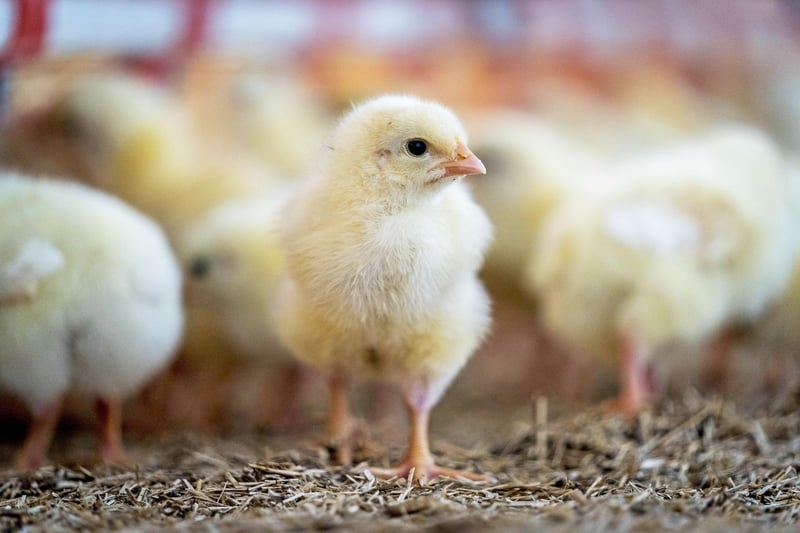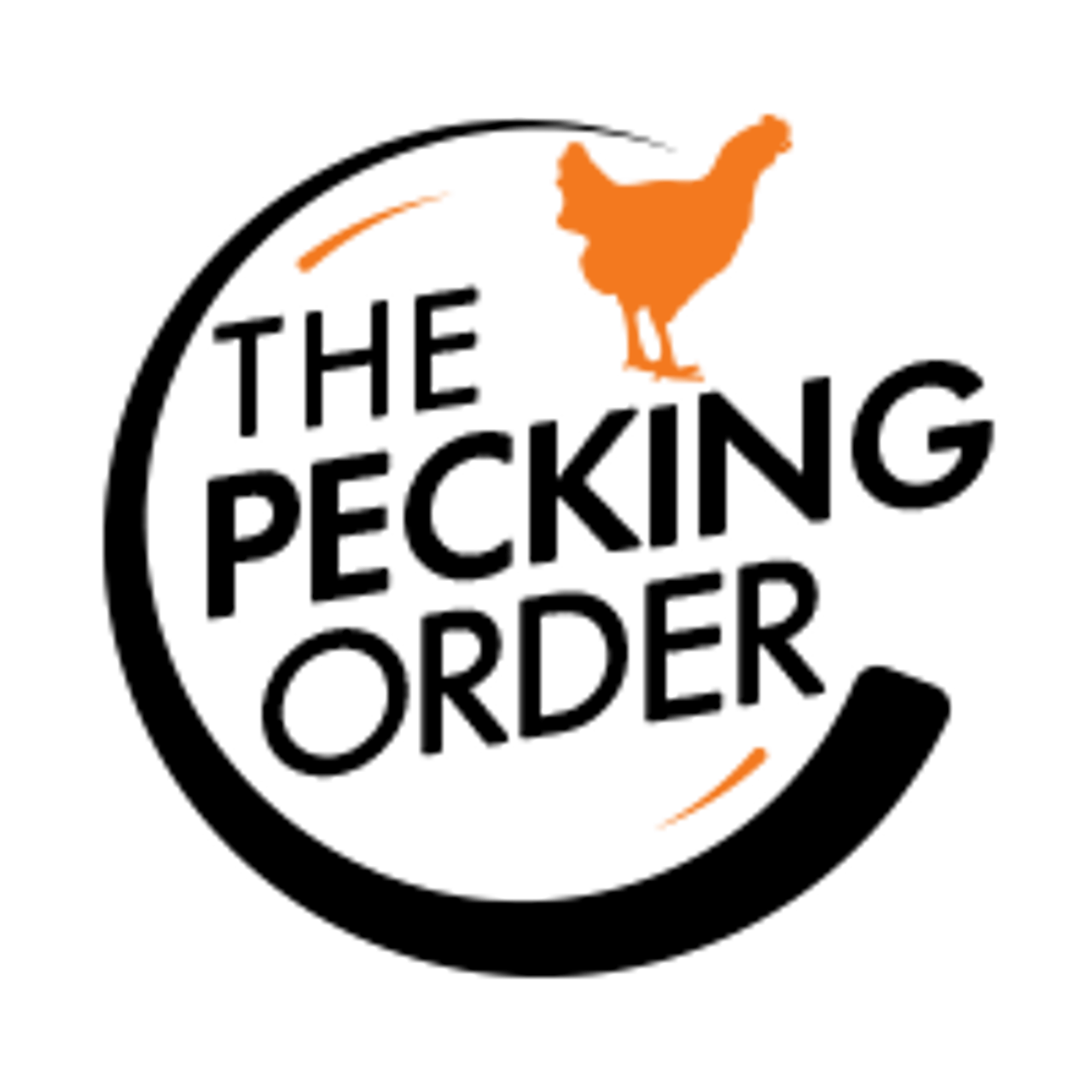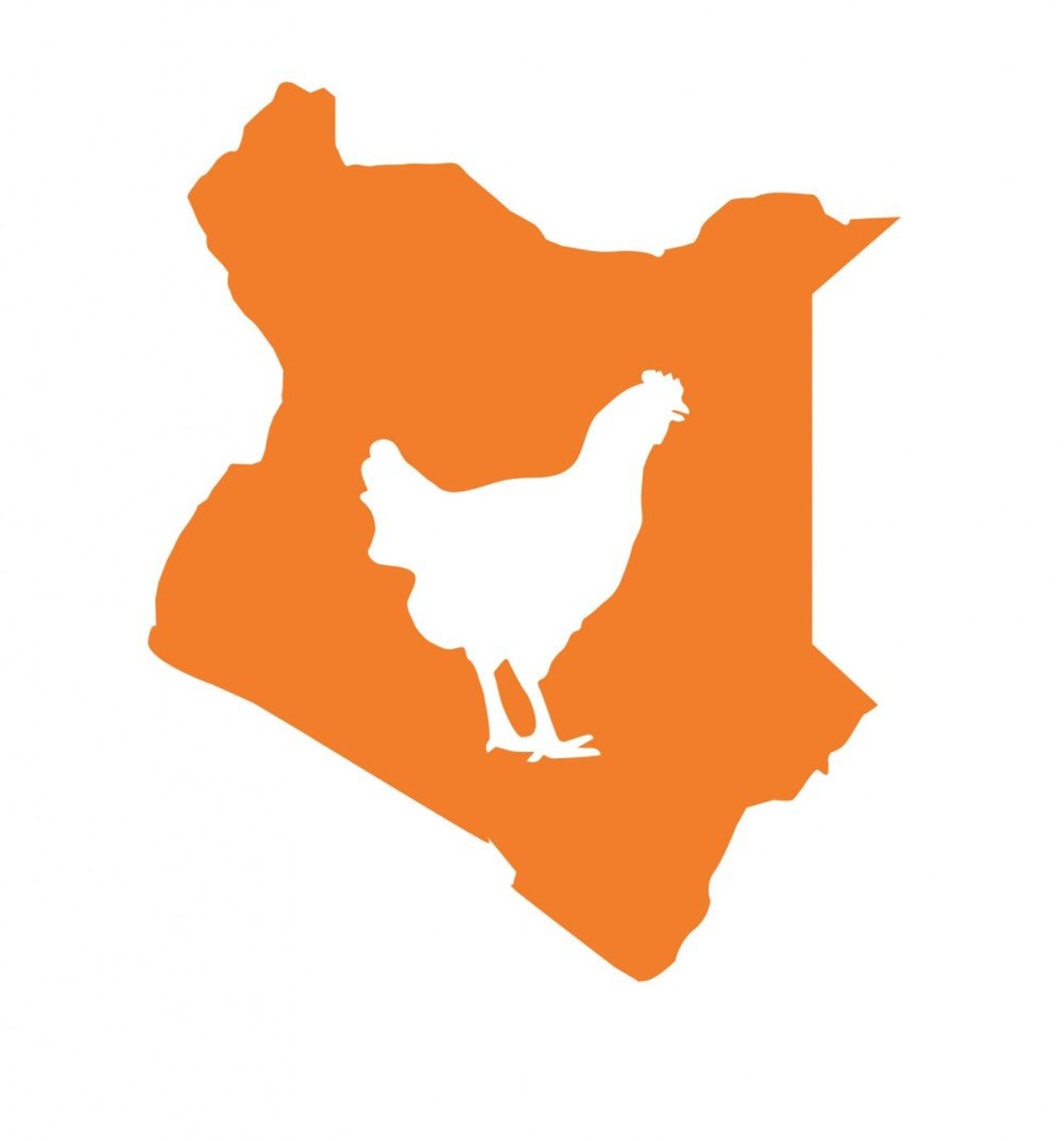
The Pecking Order Report: Assessing Chicken Welfare in Kenya's Food Companies
News
What is the approach of food companies to dealing with the welfare of chickens in their supply chains?
Introduction
Every year, billions of chickens suffer in the food companies due to the lack of consideration for their welfare in the meat supply chain. These intelligent and social animals are often subjected to chronic pain, skin lesions, heart failure, and other health issues caused by selective breeding and unnaturally fast growth rates. The Pecking Order (TPO) report, first published in 2019, ranks food companies based on their commitments to improve chicken welfare and their progress in implementing these commitments. However, the 2022 report shows that despite some progress being made, many leading food companies still ignore the issue of animal cruelty, posing a threat to animals, human and planetary health.
Methodology
The Pecking Order 2022 report evaluates food companies on their commitments to improving chicken welfare within individual markets and reporting their progress in implementing those commitments. The report uses the Better Chicken Commitment (BCC), which is based on the latest welfare science and endorsed by animal protection organizations in multiple countries. The BCC's specific requirements provide a clear set of improvements, focusing on the breed of chicken, the sheds they are housed in, among others.
Key Findings
Kenchic is the leading company in Kenya for broiler chicken welfare, with an overall percentage score of 42%. They received a score of 83% in the Commitments and Targets pillar, placing them in Tier 2 (Good Progress). They are followed by Carrefour with an overall score of 17%, with a 33% score in the Commitments and Targets pillar. However, most of the companies assessed in Kenya performed poorly on how they are managing chicken welfare in their supply chains, with most lacking chicken welfare policies and commitments. Interestingly, these included most of the global fast-food brands operating in Kenya who have such policies and commitments elsewhere but lacked them in Kenya, highlighting the double standards of these brands.
Recommendations
Local food companies should work with World Animal Protection to develop animal welfare policies aligned with the Farm Animal Responsible Minimum Standards (FARMS) and make public commitments to improving farm animal welfare throughout their supply chain.
Conclusion
The Pecking Order 2022 report shows that while some progress has been made, many leading food companies still ignore animal cruelty in their supply chains, posing a threat to animals, human health, and the planet. The report provides valuable insights into the chicken meat industry, highlighting the welfare standards of the most influential global fast-food brands. It is time for these companies to take responsibility and address animal welfare concerns to maintain their social license to operate.
To download the full report, click the button below.

